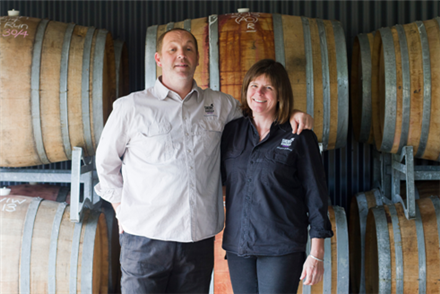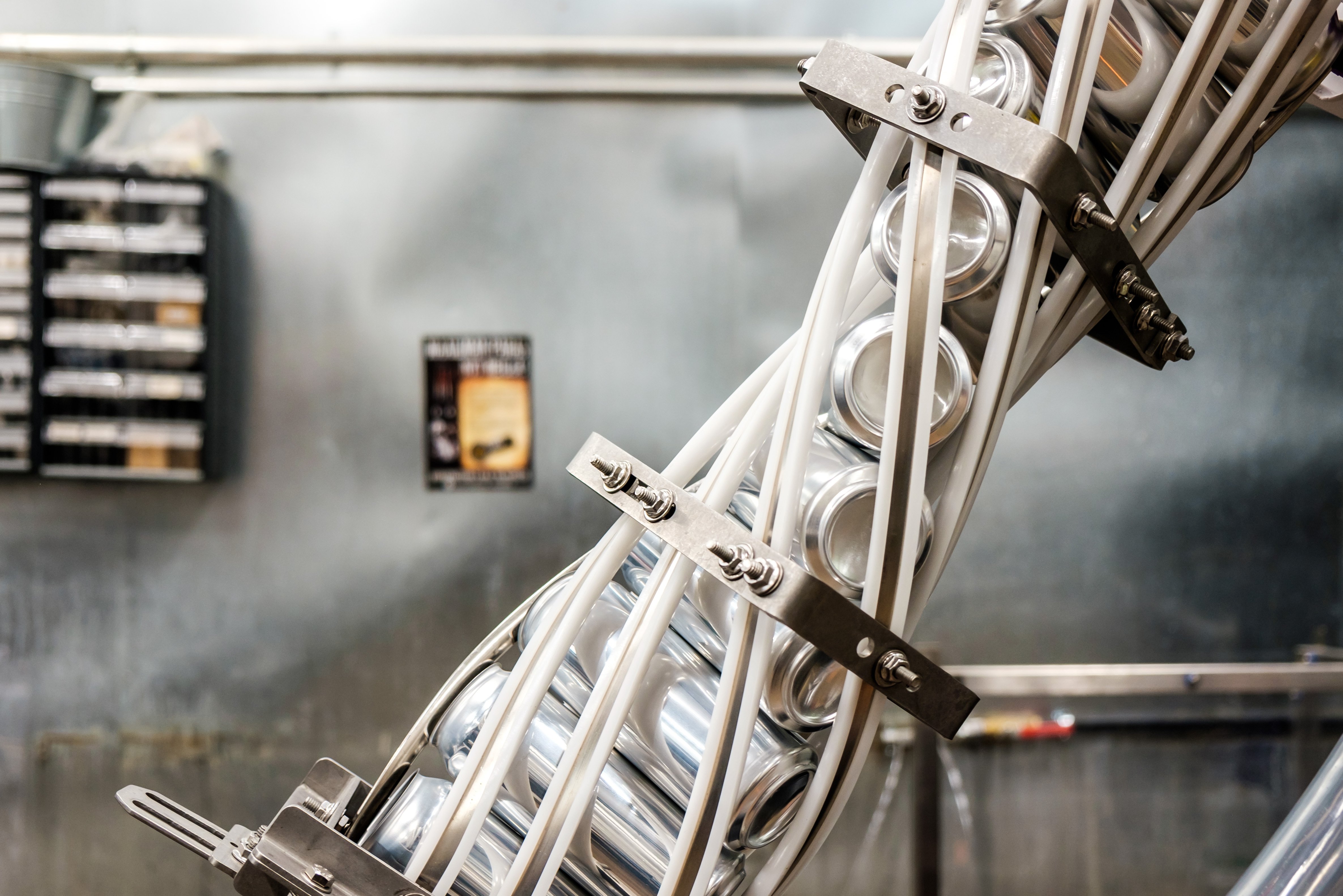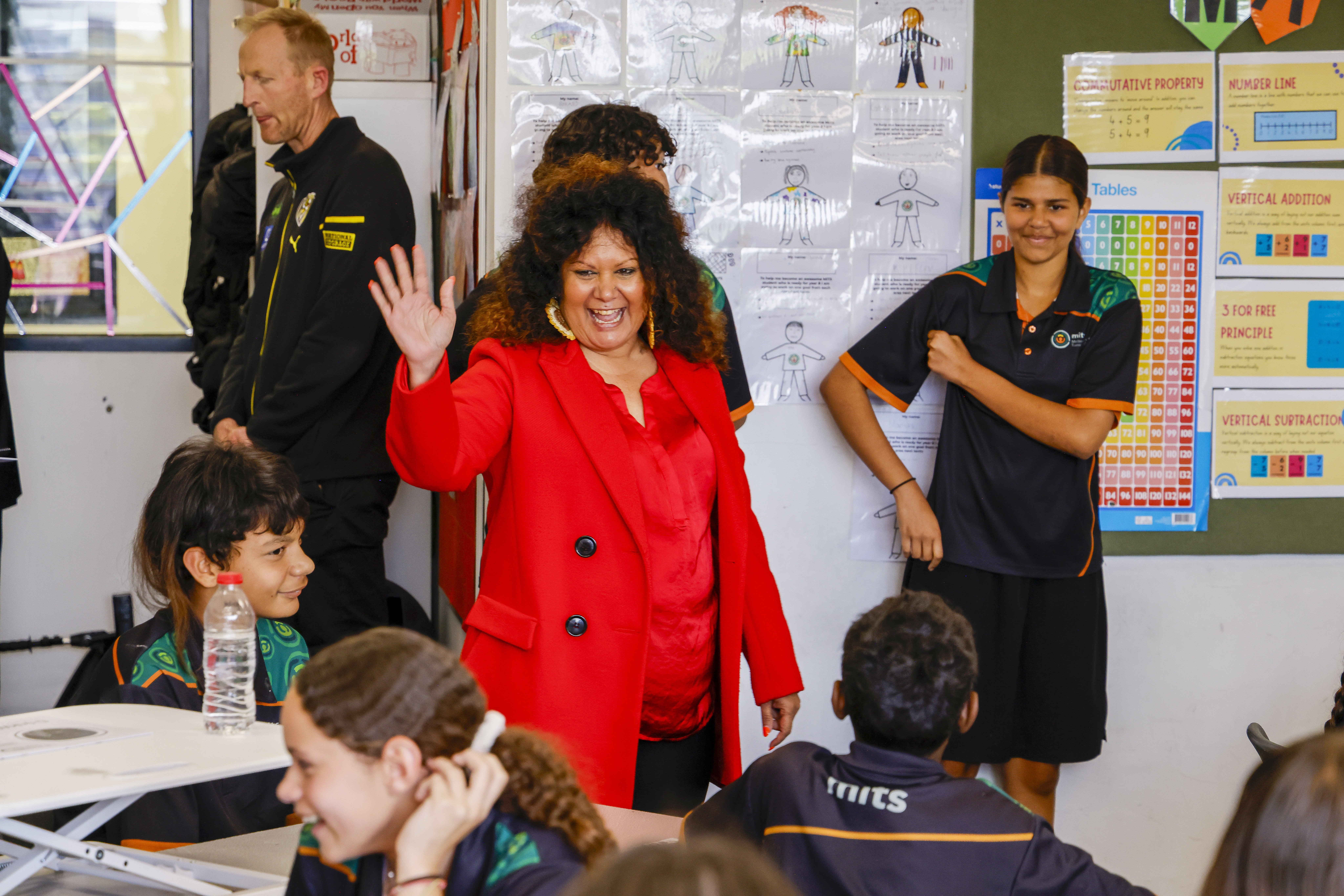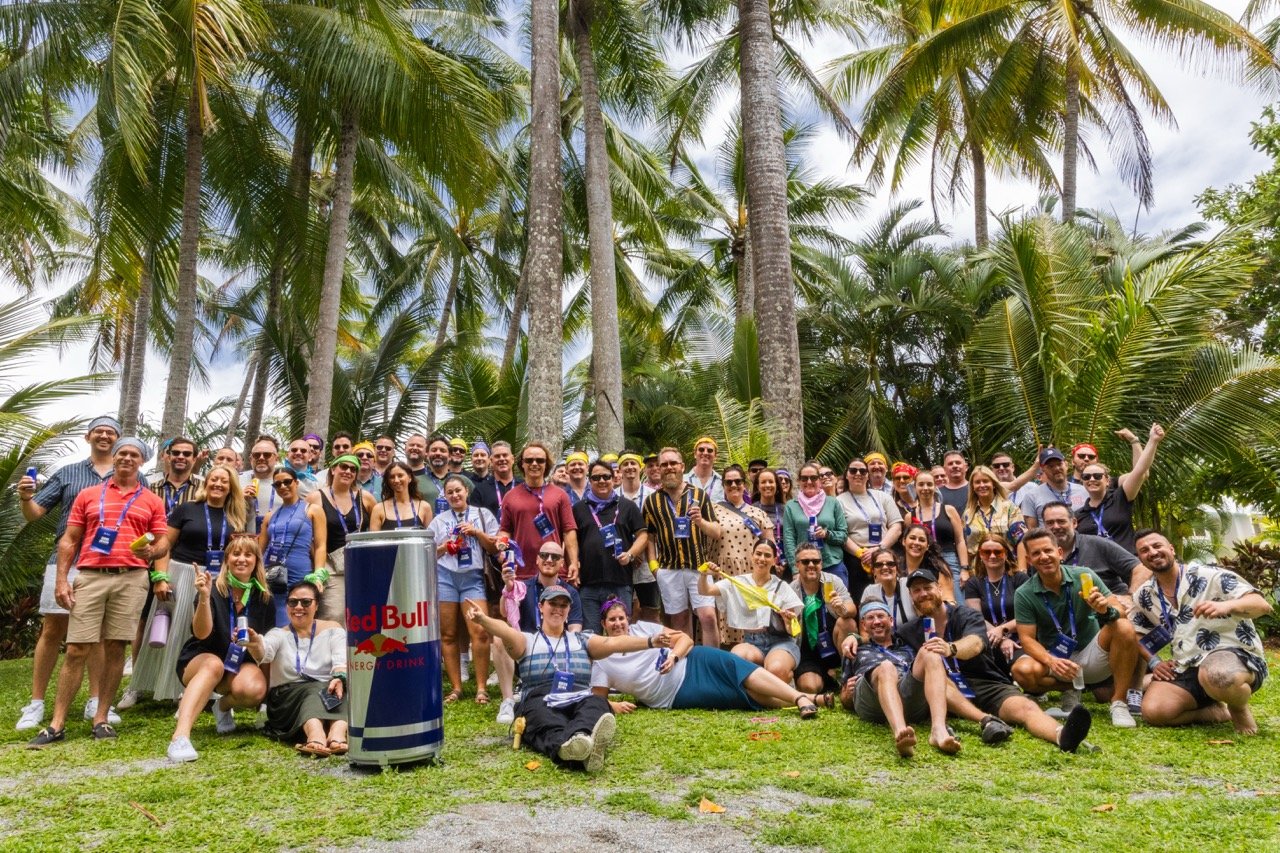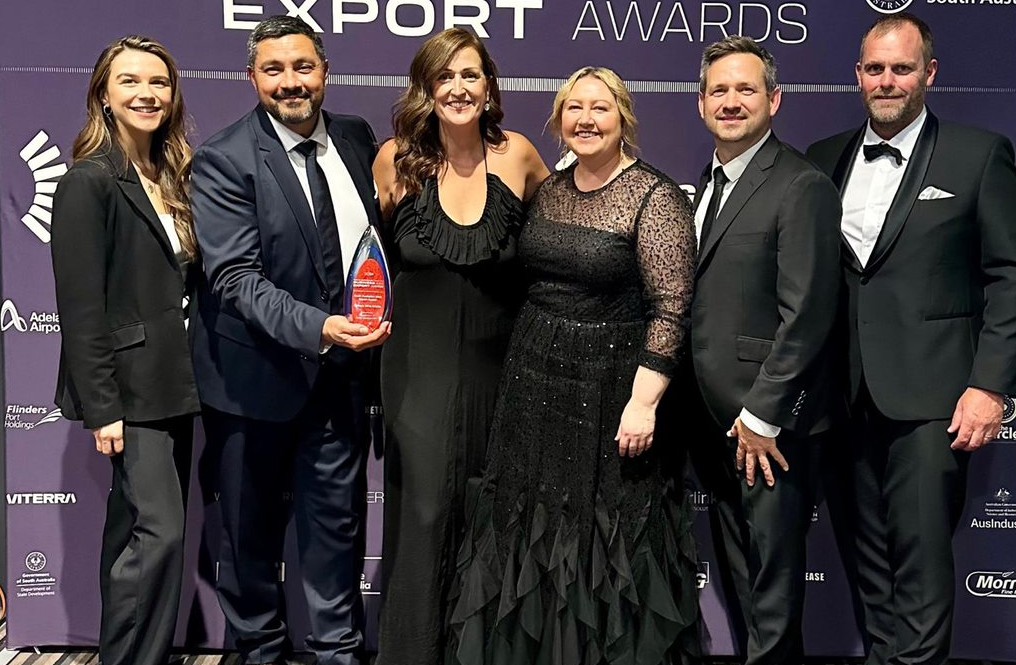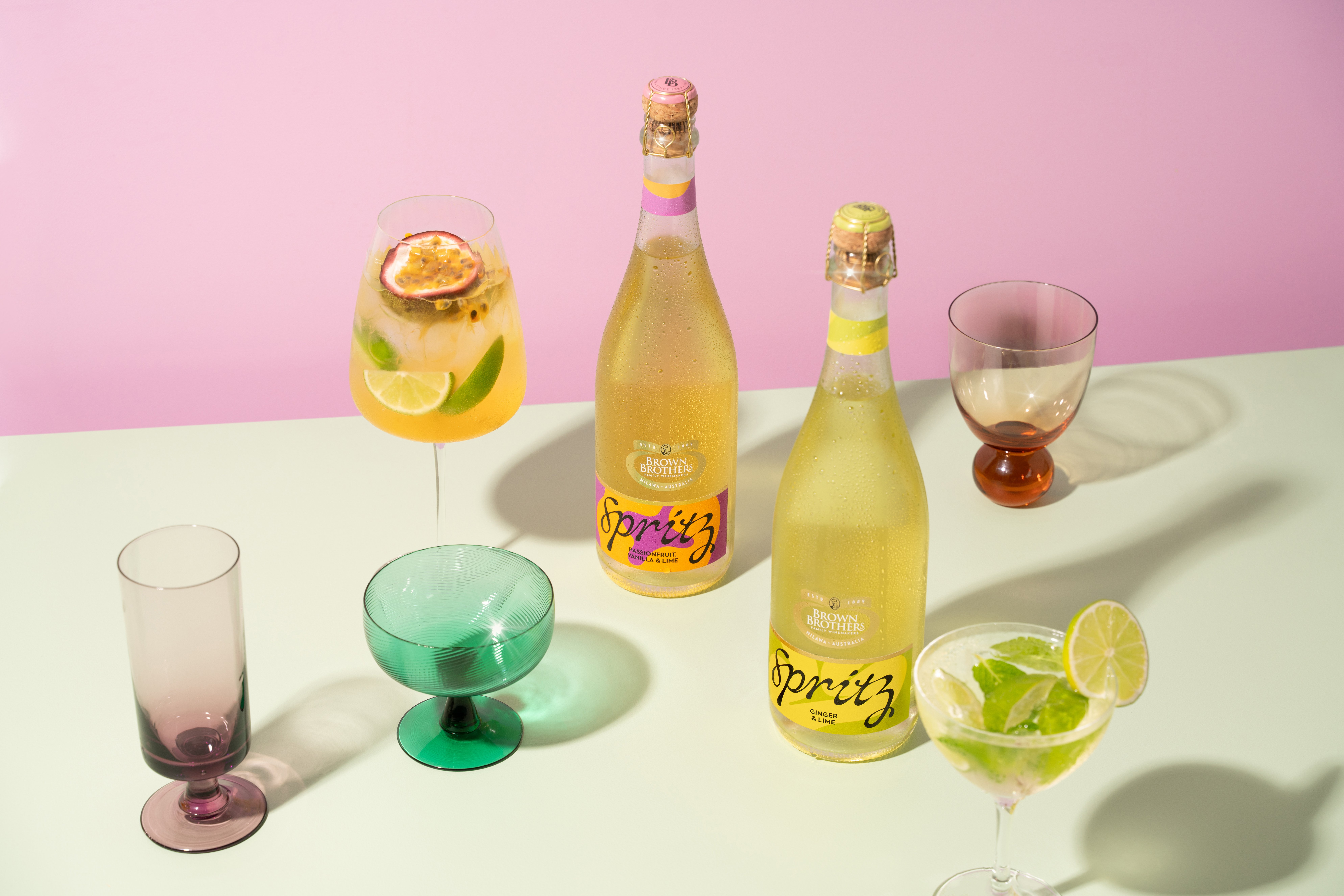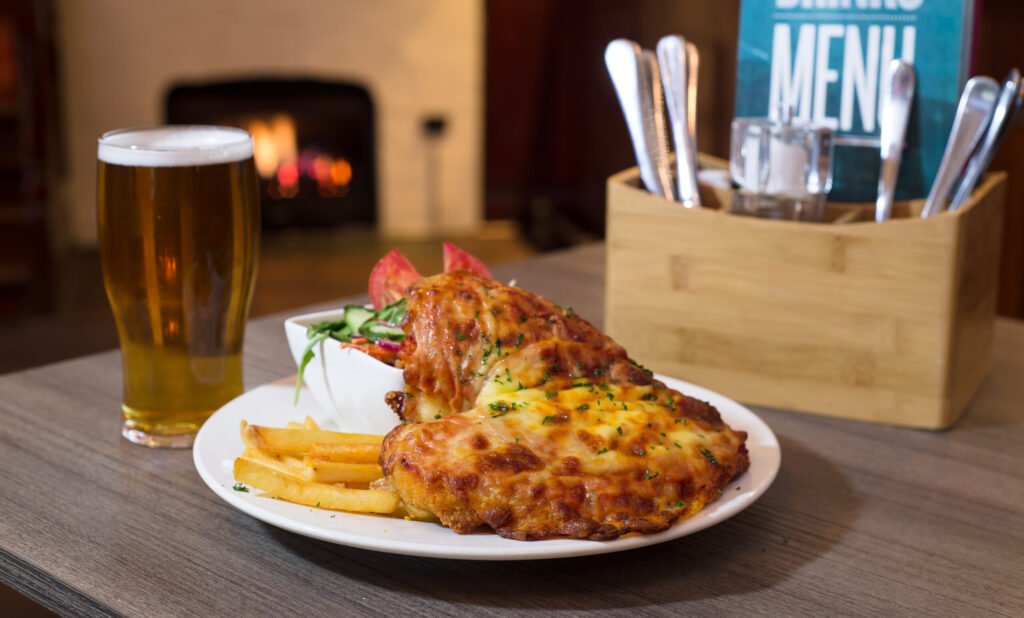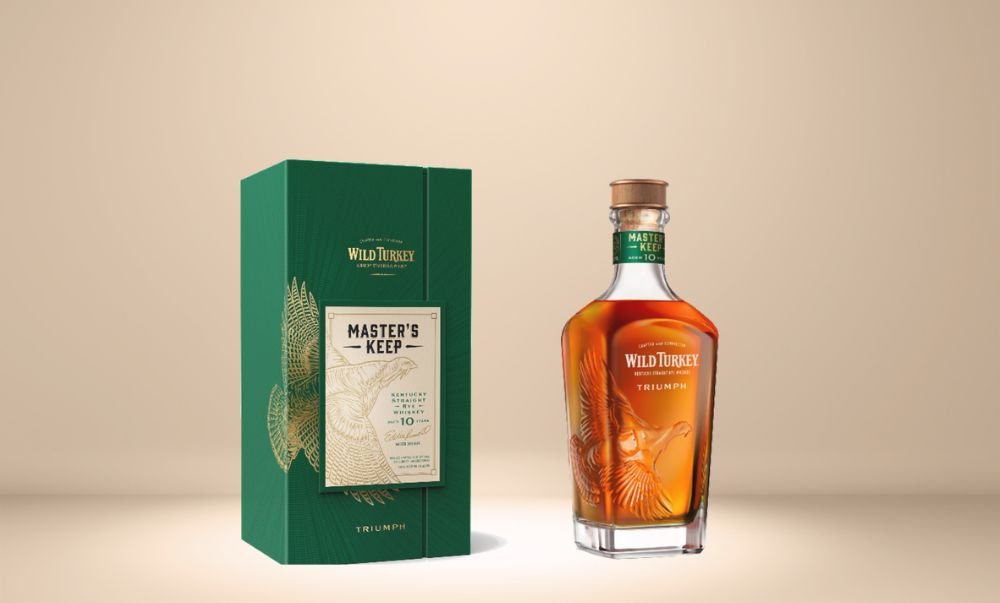When Mudgee grape grower Sue Ridler decided to switch to winemaking she wanted her vineyard to be as sustainable and environmentally favourable as possible.
One of her innovative suggestions was to use a flock of miniature sheep to maintain her vines, but her partner, Tony Shadbolt, wasn't convinced.
"He just laughed and said ‘we have the neighbour’s cows to do that’,” Sue tells The Weekly Times.
He also pointed out cows and sheep having similar drawbacks in a vineyard - they need to be removed when the vines are budding so they don't eat the grapes or buds.
“Jokingly I then said we need short sheep and the seed was planted,”Sue recalls.
Sue started researching sheep breeds and discovered the rare heritage Babydoll Southdown breed, which measure about 60cm to the shoulder.
They are small enough to graze underneath the vines, reducing the need for herbicides to manage undergrowth, de-succur the vines and reduce the requirement to slash in between the rows and the need for diesel fuel.
Sue and Tony now run 24 Babydoll Southdowns on their property and have renamed the vineyard after them: Short Sheep Micro-Winery.
“The sheep go under the vines at any time of the year, because they are too short to reach the grapes or buds. They can reach the lower leaves, but that keeps the vines clean,” she said.
The couple crush 25-30 tonnes of grapes a year, producing 1500-1800 cases of wine. All wines are handcrafted in small batches, using hand-picked fruit from low-yielding vines.
“We don’t want to get any bigger, that’s why we call ourselves a micro-winery. We do small batches and experiment to make more crafty type wines,” Sue said.
Among the micro-winery's other sustainable practices are using minimal chemicals, an integrated pest management system in the vineyard and spread organic fertilisers such as humate and Seasol. Energy requirements are met by using solar panels, rain water is collected from the winery and they choose recycled and carbon neutral products when available.
Their bottles are also made from 30% less glass, meaning they are lighter and have less of an environmental footprint.
“We are working the dream and the sheep are living the dream.”
Share the content
